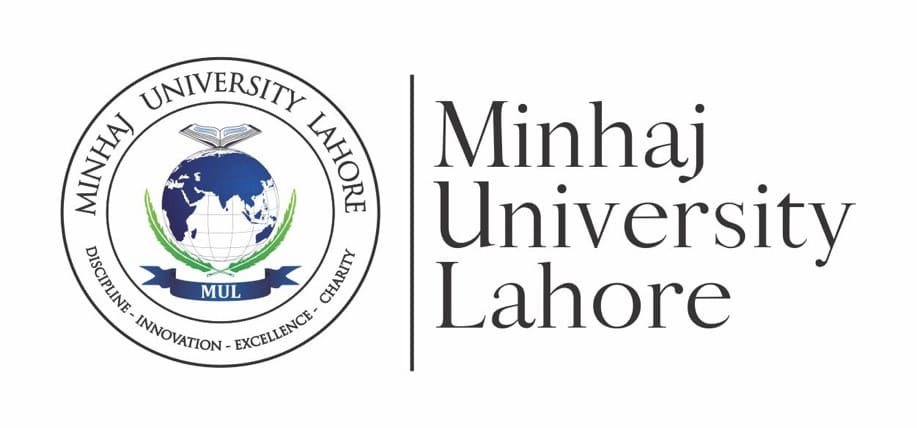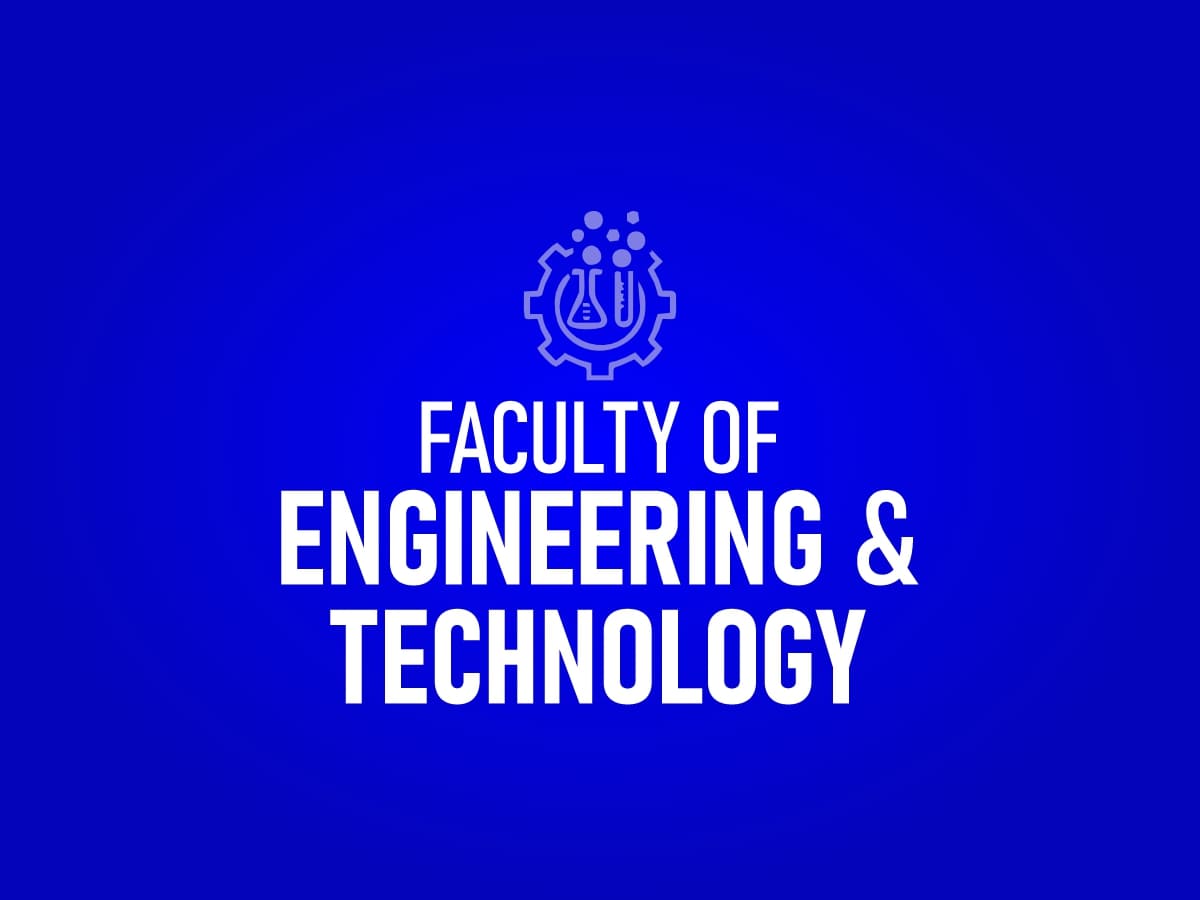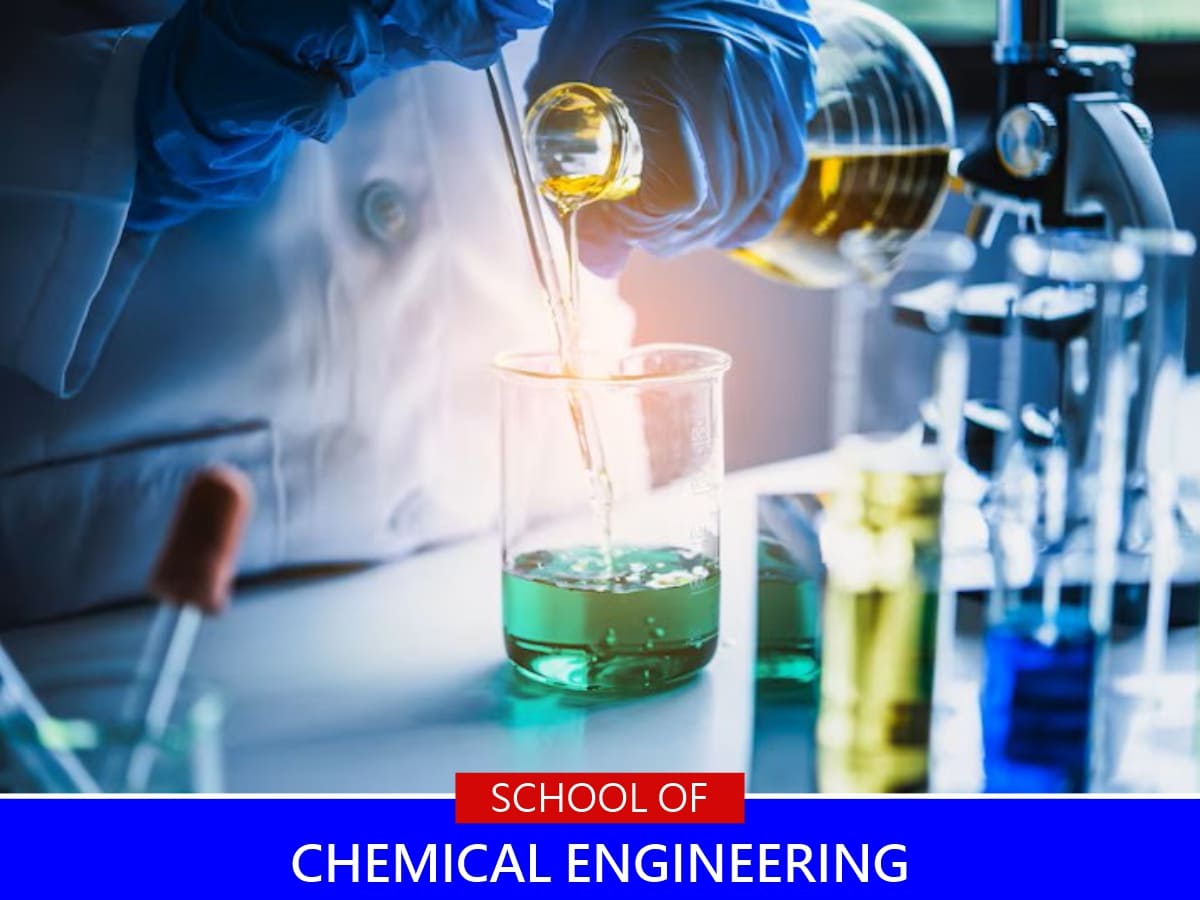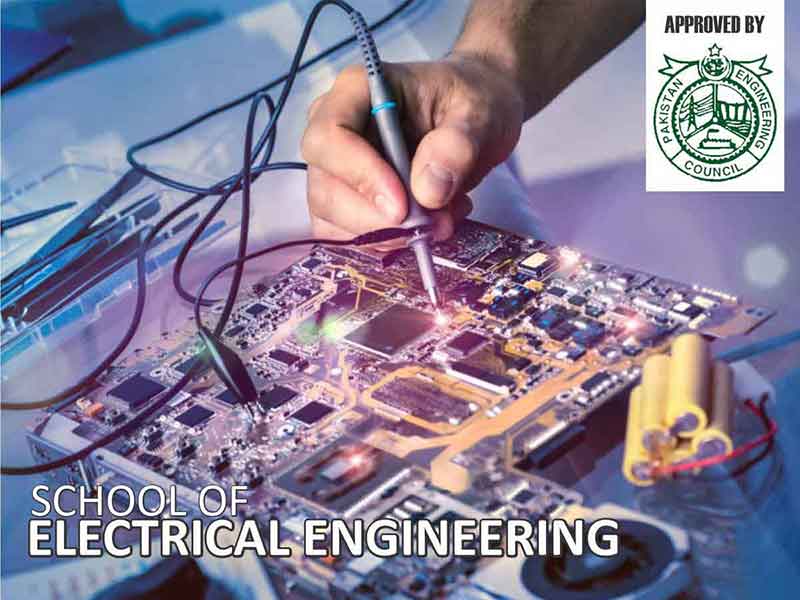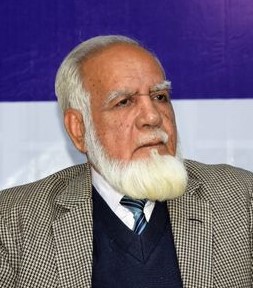The Faculty of Engineering and Technology's primary goal is to cultivate engineers and researchers who possess the necessary knowledge and expertise to effectively address the ever-changing demands of dynamic engineering fields. To attain this mission, a dedicated team of highly qualified faculty members is committed to train the students who aspire to embrace engineering as their profession. Complementing the academic program, our well-equipped laboratories enrich the practical dimension of the discipline, nurturing hands-on skills in prospective engineers and researchers. Within the Faculty of Engineering, esteemed research groups are engaged in extensive applied research, tackling both innovative concepts and real-world industrial issues. These endeavors are closely coordinated with research and development organizations as well as industries, supported by national and international funding agencies. Presently, the Faculty of Engineering extends programs in Chemical Engineering, Electrical Engineering, and Environmental Sciences with plans to introduce additional disciplines soon. By imparting a solid foundation in fundamental concept and analytical tools within contemporary engineering realms, students are meticulously prepared for careers in either industry or research. The Faculty's overarching vision revolves around contributing to the country's knowledge-based economy. This aspiration hinges on fostering adept professionals who possess inquisitive minds, a continuous learning ethos, and unwavering ethical standards—individuals fully poised to embrace and surmount the engineering challenges prevalent in our society.
- Home
- About
- News & Events
- Admissions
- Contact
-
Academics
-
Faculties
- Faculty of Computer Science & Information Technology
- Faculty of Basic Sciences & Mathematics
- Faculty of Economics & Management Sciences
- Faculty of Social Sciences & Humanities
- Faculty of Law
- Faculty of Languages
- Faculty of Islamic Studies
- Faculty of Engineering
- Faculty of Allied Health Sciences
- Faculty of Applied Sciences
- Faculty of Art, Designing, & Architecture
- International Adjunct Faculty
- Academic Advisement
- Academic Calendar
- Rules & Regulations
-
Faculties
-
Research
-
Research Centers
- Center for Research and Development
- Center of Islamic Arts and Crafts
- Centre for Economic Planning and Development (CEPD)
- Centre for Halal Awareness, Research and Training
- Centre of Research and Innovation in Maritime Affairs
- Corpus Research Centre
- Directorate of Open and Distance Learning (DODL)
- English Language Center
- Farid-e-Millat Research Institute
- Hassan-bin-Thabit Center for Research in Na’t Literature
- International Center for Research in Islamic Economics
- International Center of Excellence
- Office of Research, Innovation & Commercialization
- Shaykh ul Islam Institute of Spiritual Studies
- Research Journals
- Conferences
- Publications
- Policies
-
Research Centers
- Campus Life
- MUL Jobs Employment Portal
- Downloads
- Career
Get in Touch
-
(+92) 42 35145621-9
Admission Helpline
03 111 222 685 -
-
